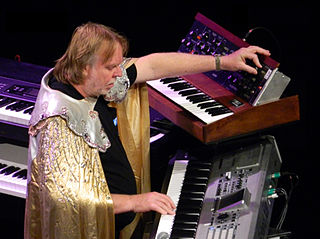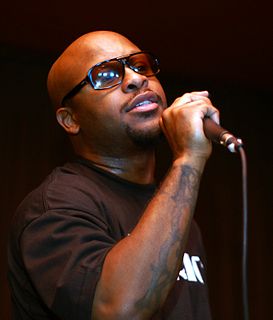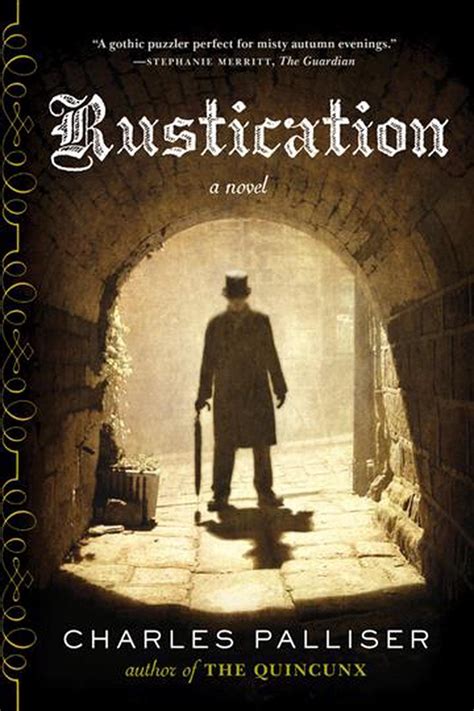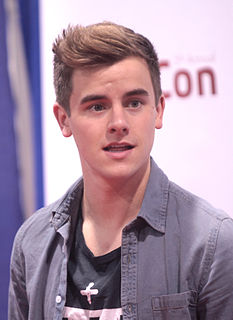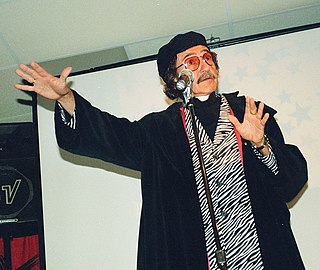A Quote by Tana French
I thought I could never write a proper book; I'd never done it before. But I thought I could write a sequence. Then I had a chapter. The next thing I knew I was turning acting down.
Related Quotes
Well, first you have to love writing. A lot of authors love having written. But I enjoy the actual writing. Beside that, I think the main reason I can be so prolific is the huge amount of planning I do before I start to write. I do a very complete, chapter-by-chapter outline of every book I write. When I sit down to write, I already know everything that's going to happen in the book. This means I've done all the important thinking, and I can relax and enjoy the writing. I could never write so many books if I didn't outline them first.
I know people who have suffered writer's block, and I don't think I've ever had it. A friend of mine, for three years he couldn't write. And he said that he thought of stories and he knew the stories, could see the stories completely, but he could never find the door. Somehow that first sentence was never there. And without the door, he couldn't do the story. I've never experienced that. But it's a chilling thought.
I had a lot of great lakes of ignorance that I was up against, I would write what I knew in almost like islands that were rising up out of the oceans. Then I would take time off and read, sometimes for months, then I would write more of what I knew, and saw what I could see, as much as the story as I could see. And then at a certain point I had to write out what I thought was the plot because it was so hard to keep it all together in my head. And then I started to write in a more linear way.
You could say I'd rewritten the same novel three times and I thought I had to move on. The success of the book, and then the movie, had by then also created a commercial expectation and I remember touring America and seeing people in the audiences who I thought might not want to read the books I wanted to write next. My constituency had become broader, but more mysterious to me.
My life has been many examples of shortsighted goals that I thought would fix things. You know, if there's something broken inside me, if there's a hole in there, I thought: If I could just write a good song someday, then I'd be OK. You know, if I could just be on stage in front of people I'd never seen before and be validated by them.
I remember when I was in graduate school and someone in workshop would say, 'I'm going to bring in a chapter of my novel.' The thought that someone could think they'd write a whole long thing... I could only see twelve pages ahead. But then I realized that if you could see twelve more after that, you can start.




